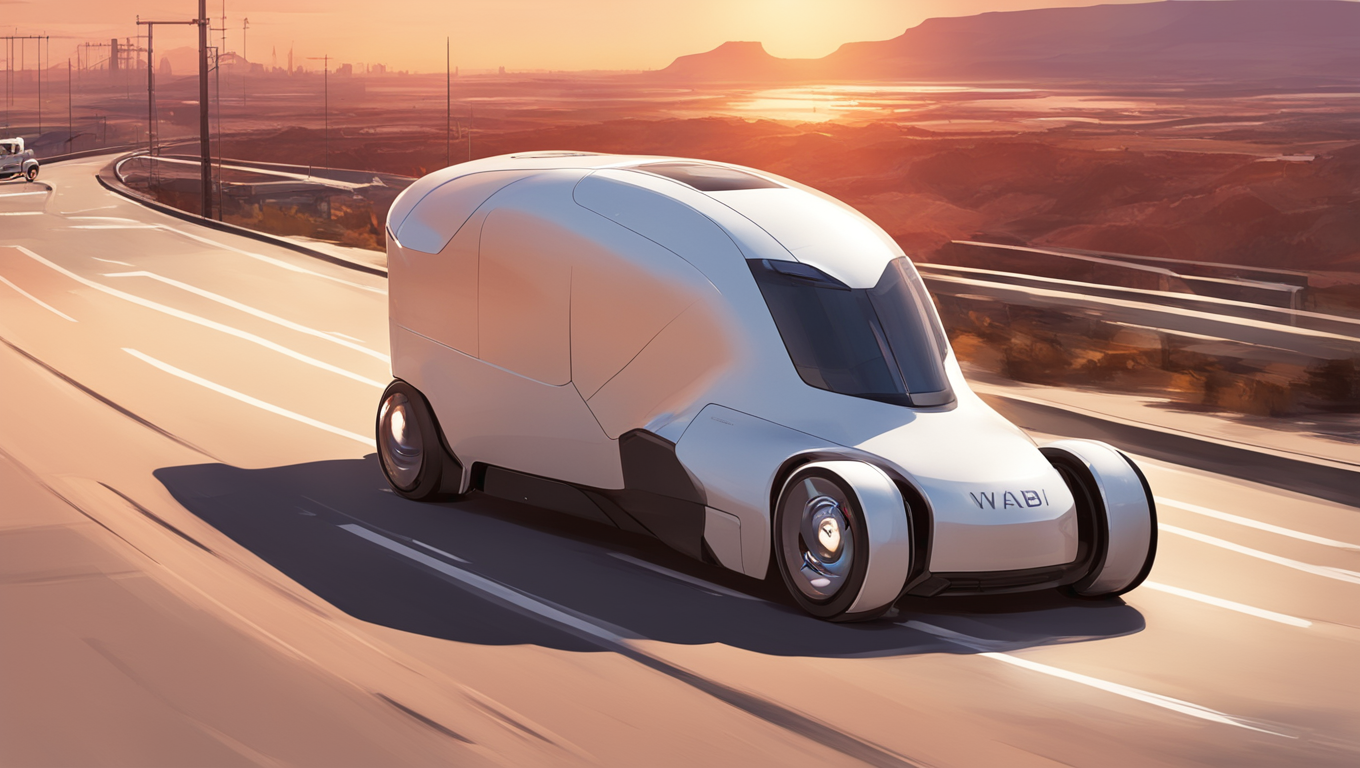In a major development in the world of autonomous driving, AI startup Waabi has raised a whopping $200 million in funding to launch self-driving 18-wheel robotrucks by 2025. Led by AI scientist Raquel Urtasun, Waabi aims to revolutionize the trucking industry with its generative artificial intelligence platform that can assess and respond to road conditions in a manner similar to human reasoning. The company believes its software will not only be more capable of handling real-world conditions but also less complex and costly than its competitors.
While autonomous vehicles have faced setbacks in recent years, with many startups failing and several high-profile ventures experiencing challenges, Waabi is confident that its approach will lead to success. Urtasun explained that many previous technologies were overly complex and brittle, requiring explicit incorporation of knowledge into the systems. In contrast, Waabi has developed a different technology that allows for faster and safer development, aiming to launch a driverless service and scale a driverless product across multiple geographies. Urtasun’s expertise and dedication to solving complex problems have won her admiration from industry leaders, including Jensen Huang, founder and CEO of Nvidia, which is a key tech partner for Waabi.
With backing from notable investors such as Uber, Khosla Ventures, and Nvidia, Waabi plans to deploy its driverless trucks in Texas, where it currently tests its system on the road. While Urtasun did not disclose the exact number of trucks that will be part of the initial commercial fleet, Waabi’s entry into the Texas market in 2025 will mark a significant milestone in the company’s journey.
The latest funding round also saw the participation of truckmakers Volvo and Scania, as well as Porsche and Ikea-linked Ingka Investments. With a total of over $280 million raised so far, Waabi is well-positioned to compete with its peers. Urtasun believes that her approach is not only more cost-effective but also focuses on teaching the AI driver to understand the consequences of its actions, rather than relying solely on vast amounts of data. This AI-first strategy, which prioritizes reasoning and understanding rather than rule-based examples, has garnered praise from industry leaders, including Uber CEO Dara Khosrowshahi.
As the autonomous driving industry continues to evolve, Waabi’s progress and unique approach hold promise for the future of self-driving technology. The company’s goal of launching autonomous 18-wheel robotrucks by 2025 could bring about a significant transformation in the trucking industry, paving the way for safer and more efficient transportation of goods. With each passing day, the vision of a fully autonomous future becomes increasingly tangible, and Waabi is at the forefront of making that vision a reality.





Use the share button below if you liked it.